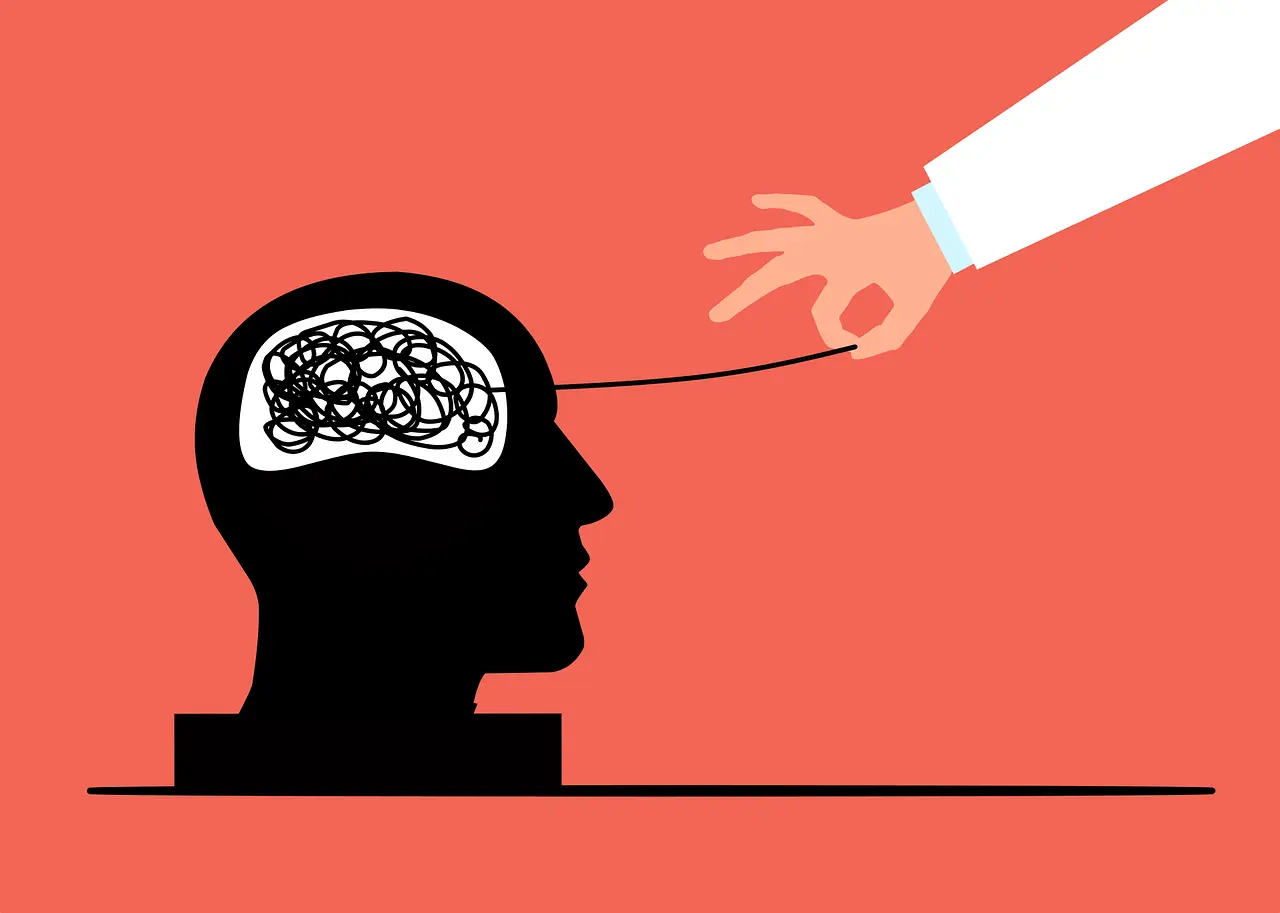Navigating the teenage years can be hard. For teens with ADHD, it may be even harder. This blog post shares helpful information about ADHD in teens. It talks about how ADHD affects their lives, how to diagnose it, and the best ways to treat it. We will look at how using different methods, like therapy, coping skills, and support from parents, can help teens with ADHD succeed in every part of their lives.
Understanding ADHD in Teens
Attention Deficit Hyperactivity Disorder (ADHD) is a mental health issue. It shows up as ongoing problems with focus, high energy, and acting without thinking. ADHD is usually found in kids, but it often stays with them into their teen years. In fact, during these years, symptoms can get worse due to body changes and new challenges.
For teens, the signs of ADHD are similar to those seen in younger kids. They might have trouble staying focused, are often easily distracted, struggle with being organized, feel restless, fidget a lot, act on impulse, and sometimes interrupt others. It is very important to notice these signs early. This way, you can get the help and support you need.
Challenges Faced by Teens with ADHD
The symptoms of ADHD can have a big effect on different parts of a teenager’s life. In school, they might have trouble focusing, staying organized, and finishing tasks. This can cause their grades to drop and lead to frustration.
Socially, impulsive behavior and problems understanding social cues can create misunderstandings. This makes it tough for them to make and keep friendships.
Also, teens with ADHD may face emotional issues. They might struggle with low self-esteem, increased anxiety, and trouble managing their emotions. Risky behavior is another worry. Impulsivity and bad decision-making can make substance abuse and other risky activities more likely.
ADHD Diagnosis Process for Teens
Diagnosing ADHD in teenagers requires a detailed evaluation by trained mental health experts. This can include clinical psychologists or psychiatrists. There isn’t one test to find ADHD. So, the evaluation gathers information from many sources.
This involves talking with the teenager and their parents. It also means checking behavior from teachers and other adults who know the teen. They use rating scales and questionnaires to assess ADHD symptoms. This method helps ensure a correct diagnosis and checks for other conditions that may have similar symptoms.
Effective Therapeutic Approaches for Teens with ADHD
Treating ADHD in teens usually uses different methods. Therapy is a key part of managing it well. Therapy sessions offer a safe and supportive place for teenagers. Here, they can talk about emotional challenges related to ADHD and learn important ways to cope.
Cognitive behavioral therapy (CBT) works especially well for teens with ADHD. CBT gives teens practical ways to handle issues like inattention, impulsivity, and emotional struggles. It helps teens identify and change negative thoughts and behaviors that can create problems in different areas of their lives.
Implementing ADHD Coping Strategies at Home and School
To help teens with ADHD, it’s important to use easy coping strategies at home and school. Parents are a key part of this. Programs that train parents, like those based on behavior therapy, give them useful tools to handle their teen’s behavior well.
At school, working together with teachers and counselors is very important. Making changes can help. For example, offering quiet spaces for studying, breaking homework assignments into smaller parts, and giving extra time for tests can make a big difference. When parents, teachers, and therapists talk openly, they create a strong and helpful environment for the teen.
The Importance of Self-Care for Teens with ADHD
Promoting self-care is very important for teens with ADHD. It helps them manage their condition and feel better overall. By encouraging them to join extracurricular activities that match their interests, we can help them feel successful and build their self-esteem.
Also, having healthy sleep routines, eating balanced meals, and staying active are key to handling ADHD symptoms and feeling emotionally stable. Cutting down on screen time, especially before going to bed, can help improve sleep quality.
Conclusion
In conclusion, helping teens with ADHD means using different methods. This includes therapy, ways to cope at home and school, and focusing on self-care. Good treatments that fit individual needs can really help teens succeed. By understanding what teens with ADHD go through and creating a supportive setting, we can help them manage daily tasks more easily. We should encourage self-care activities like mindfulness and ways to manage stress to improve their health. Let’s work together to create a caring environment that supports the growth of teens with ADHD.



